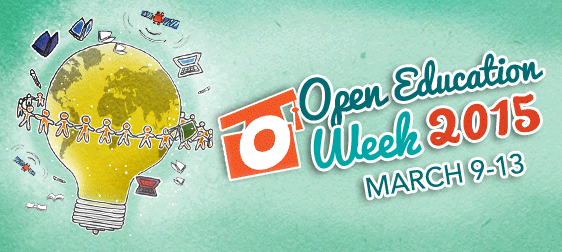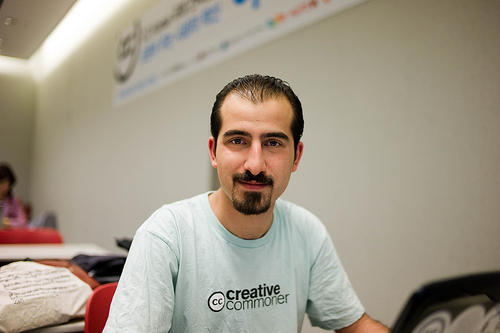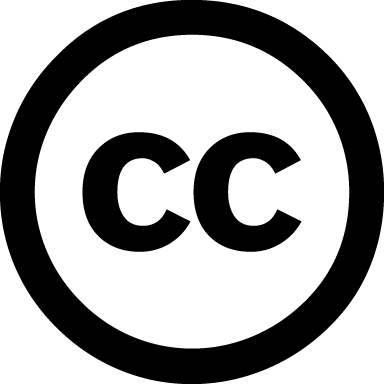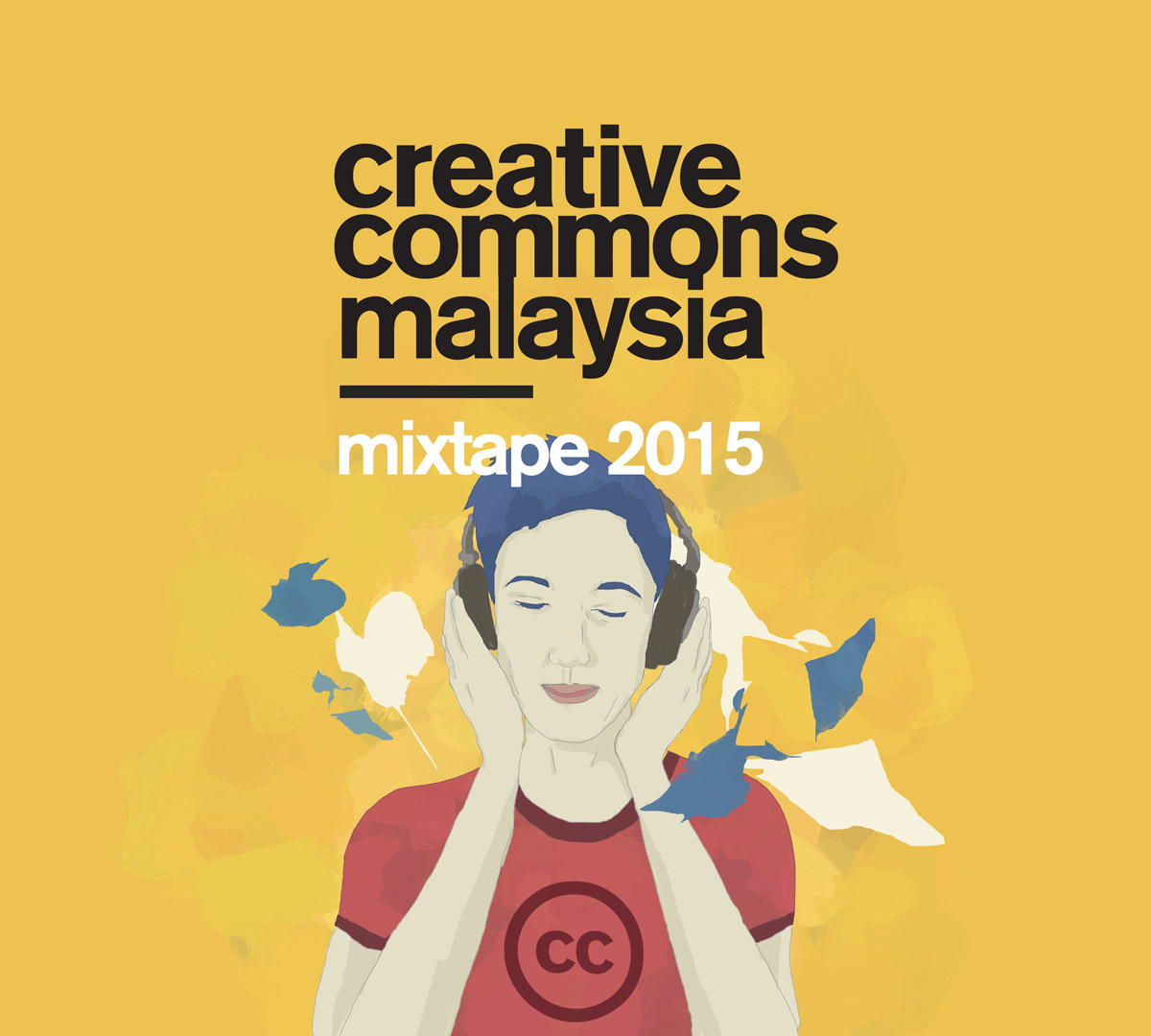Open Education Week: 9-13 March 2015
samedi 7 mars 2015 à 22:00
Banner by Open Education Consortium / CC BY
Open Education Week is an annual convening of the global open education movement to share ideas, new open education projects and to raise awareness about open education and its impact on teaching and learning worldwide. Open education encompasses resources, tools and practices that employ a framework of open sharing to improve education access, affordability and effectiveness. Participation in all events and use of all resources are free and open to everyone.
There are many ways to participate:
- Connect with fellow Open Education Week participants on social media with:
- Check out and participate in events throughout the week (most are online, some are in-person)
- Review shared open education resources and projects
- Teach someone at your university, college, school, government or company about open education and CC licenses
While all of the events are worthy of your attendance, here is a quick preview of events to be hosted by Creative Commons affiliates and staff:
- OER and Creative Commons in Brno (CC Czech Republic)
- OER Student Conference and video on the importance of OER organized by Alliance for OER in Macedonia (CC Macedonia)
- OER in the Arab World (CC Arab World)
- Creative Commons Road Trip (including open education) (CC Aotearoa New Zealand)
- Education Innovations with Creative Commons – from OER, to Pedagogy, to Policy (CC staff)
- Open Policy Network: Launched! (CC staff)
- Institute for Open Leadership (CC staff)
- Sustainability Strategies For Open Educational Resources (CC staff)
- K12 OER Collaborative (CC staff)
- 24-hour twitter event: #AllAboutOpen on Wednesday, 11 March (CC staff)
We look forward to seeing you online!



